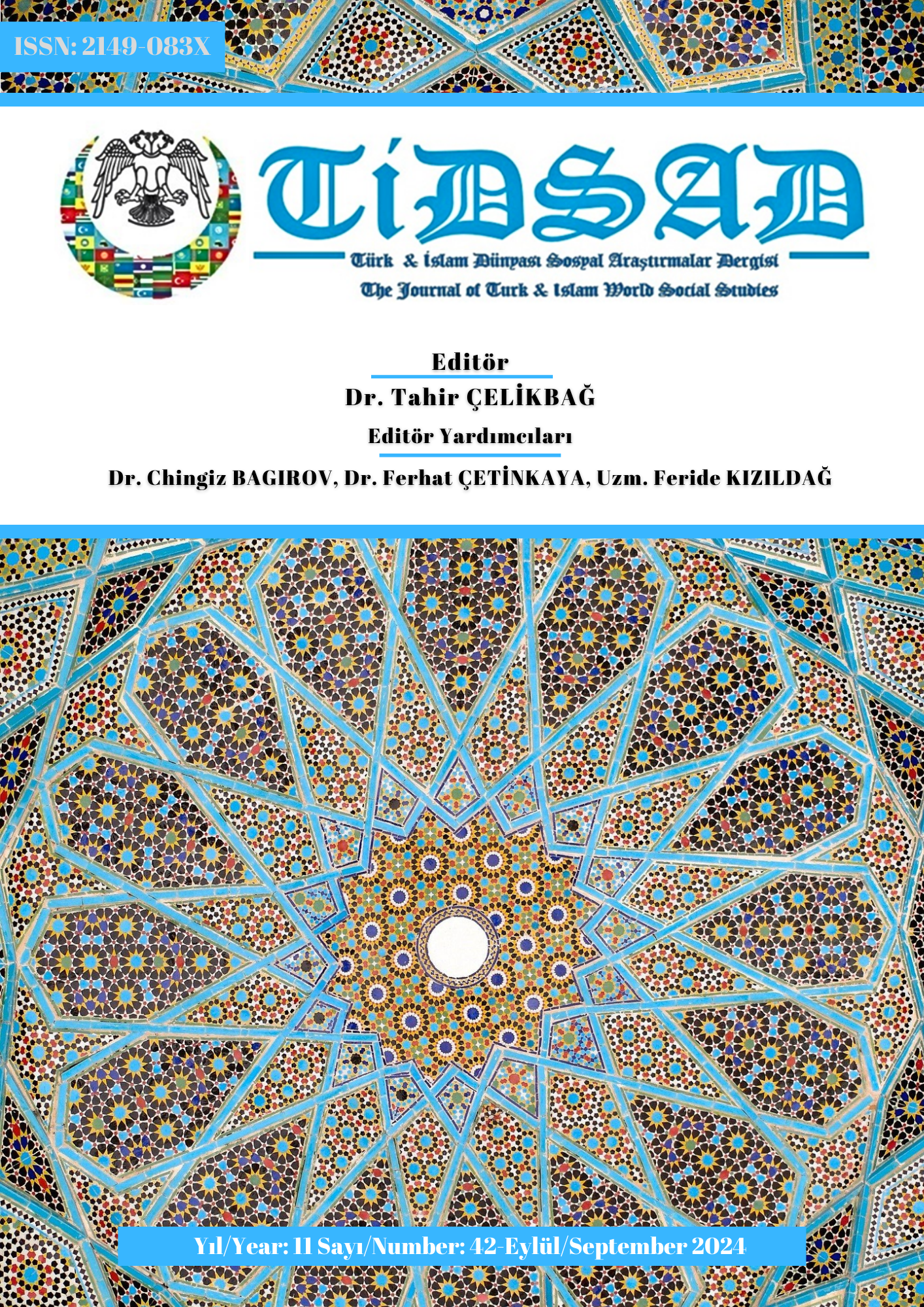Author :
Abstract
Bitrûcî Batlamyus’un evren görüşünü Aristoteles fiziğine aykırı olması ve fiziksel gözlemlerle çeliştiğini düşünerek eleştirmiştir. Kimi zaman mantıksal ve felsefi açıdan çelişik noktalara da vurgu yaparak Batlamyus’un teorisindeki tutarsızlıkları ortaya koymaya çalışmıştır. Aristoteles, Batlamyus ve Bitrûcî’nin Dünya merkezli bir evren görüşünü kabul ettiklerini göz önünde bulundurmak gerekmektedir. Bitrûcî Batlamyus’un gök cisimlerinin hareketlerindeki anomalileri açıklayabilmek için kullandığı dış çemberler teorisini Dünya’yı evrenin merkezinden kaydırması ve bahsedilen anomalileri açıklayamaması gibi sebeplerle reddetmiştir. Bitrûcî’ye göre gezegenlerin hareketlerindeki anomaliler, gözlem hatalarından ve ön kabullerden kaynaklanmakta idi. Onun Aristoteles fiziğine sadık kalarak hareketin sebebi için fiziksel bir ilke önermesi modern bilim anlayışına öncü olması açısından dikkatle incelenmelidir. Pek çok kozmolojik teorinin temellendirilmesinde kullanılmış olan Batlamyus teorisinin sistemli bir şekilde eleştirilmesi bilime katkısını göstermektedir. 1217 yılında kaleme alınan Kitâb fi’l-Hey’e Latince ve İbranice’ye çevrilerek Avrupa’da Kopernik gibi Rönesansın öncü bilim adamlarınca okunup dikkate alınmıştır. Eserin modern bilimin ilerlemesine katkılarının müzakere edilmesi önemini artıracaktır. Metin, ilk defa kapsamlı olarak incelenen eserin Arapça nüshası merkeze alınarak hazırlanmıştır. Yeri geldikçe İngilizce çevirisinden istifade edilmiştir. Eleştiri başlıkları Batlamyus’un eserinden tahkik edilmiştir. Konu ile alakalı yazılmış makale ve kaynaklara yer verilerek konu müzakere edilmiştir. Astronomi ile ilgili yapılan pratik çalışmalar ve değeri ortadadır. Makalenin olası katkısının İslam Felsefesinde Astronomi ilmine dair teorik arka planın incelenmesi olarak değerlendirilmesi beklenmektedir.
Keywords
Abstract
Al-Bitruji criticized Ptolemy's view of the universe as being contrary to Aristotelian physics and considering that it contradicts physical observations. Sometimes he tried to reveal the inconsistencies in Ptolemy's theory by emphasizing logically and philosophically contradictory points. It is necessary to take into account that Aristotle, Ptolemy and Al-Bitruji accepted the view of an Earth-centered universe. Al-Bitruji rejected the theory of epicycles used by Ptolemy to explain the anomalies in the movements of celestial bodies for reasons such as shifting the Earth from the center of the universe and not being able to explain the mentioned anomalies. According to Bitruci, the anomalies in the movements of the planets were caused by observation errors and preliminary assumptions. His proposal of a physical principle for the cause of motion, faithful to Aristotelian physics, should be carefully examined in terms of being a pioneer to the modern understanding of science. Systematic criticism of the Ptolemaic theory, which has been used in the foundation of many cosmological theories, shows its contribution to science. Written in 1217, Kitab fi’l-Hey’e was translated into Latin and Hebrew and read and considered by the leading scientists of the Renaissance such as Copernicus in Europe. The discussion of the contributions of the work to the progress of modern science will increase its importance. The text has been prepared by taking the Arabic copy of the work, which has been studied extensively for the first time, to the center. The English translation has been used as far as possible. The titles of criticism are investigated from the work of Ptolemy. The subject has been discussed by including articles and resources written about the subject. The practical studies carried out on astronomy and its value are obvious. It is expected that the possible contribution of the article will be evaluated as an examination of the theoretical background of the science of Astronomy in Islamic Philosophy.





